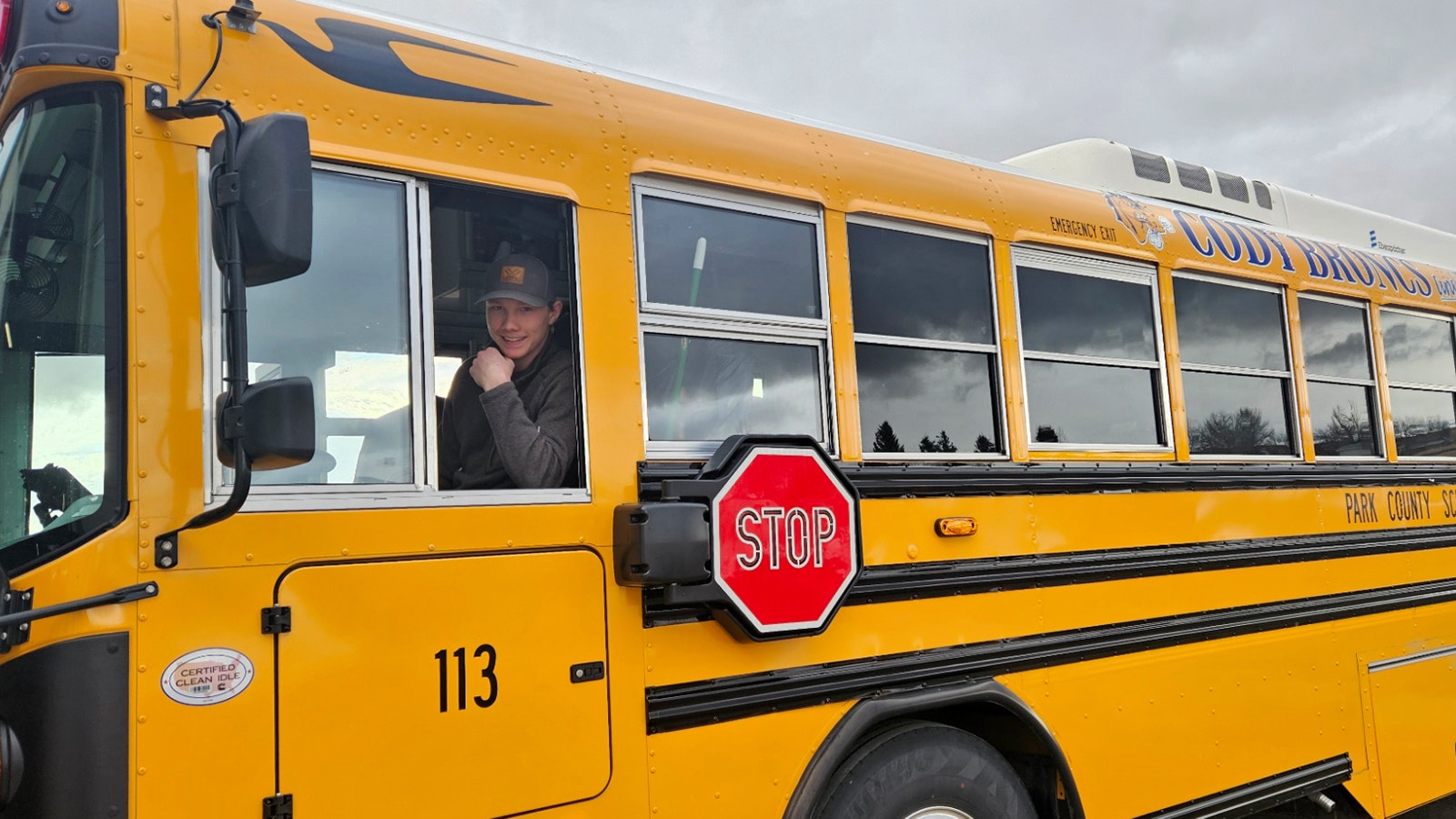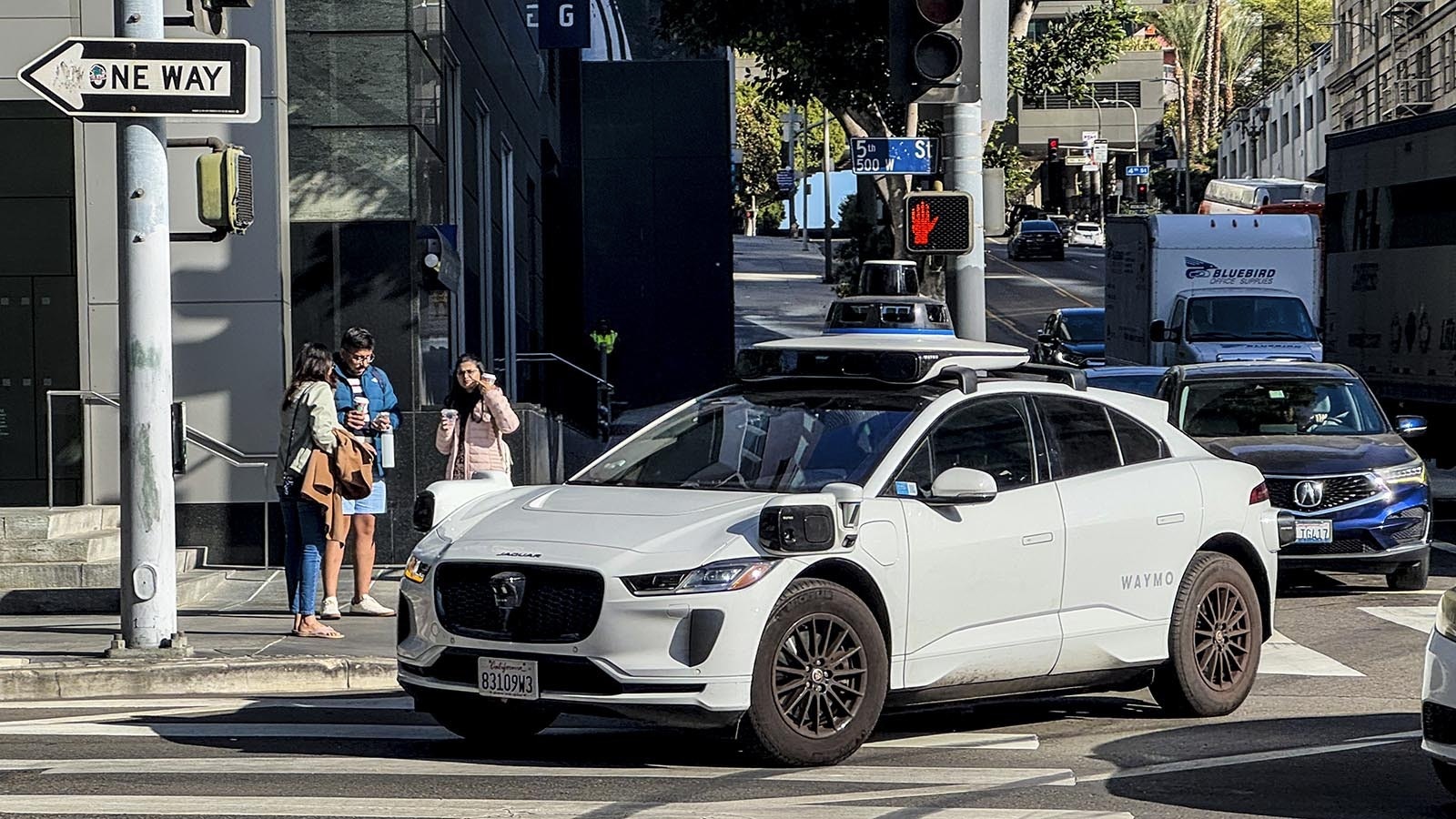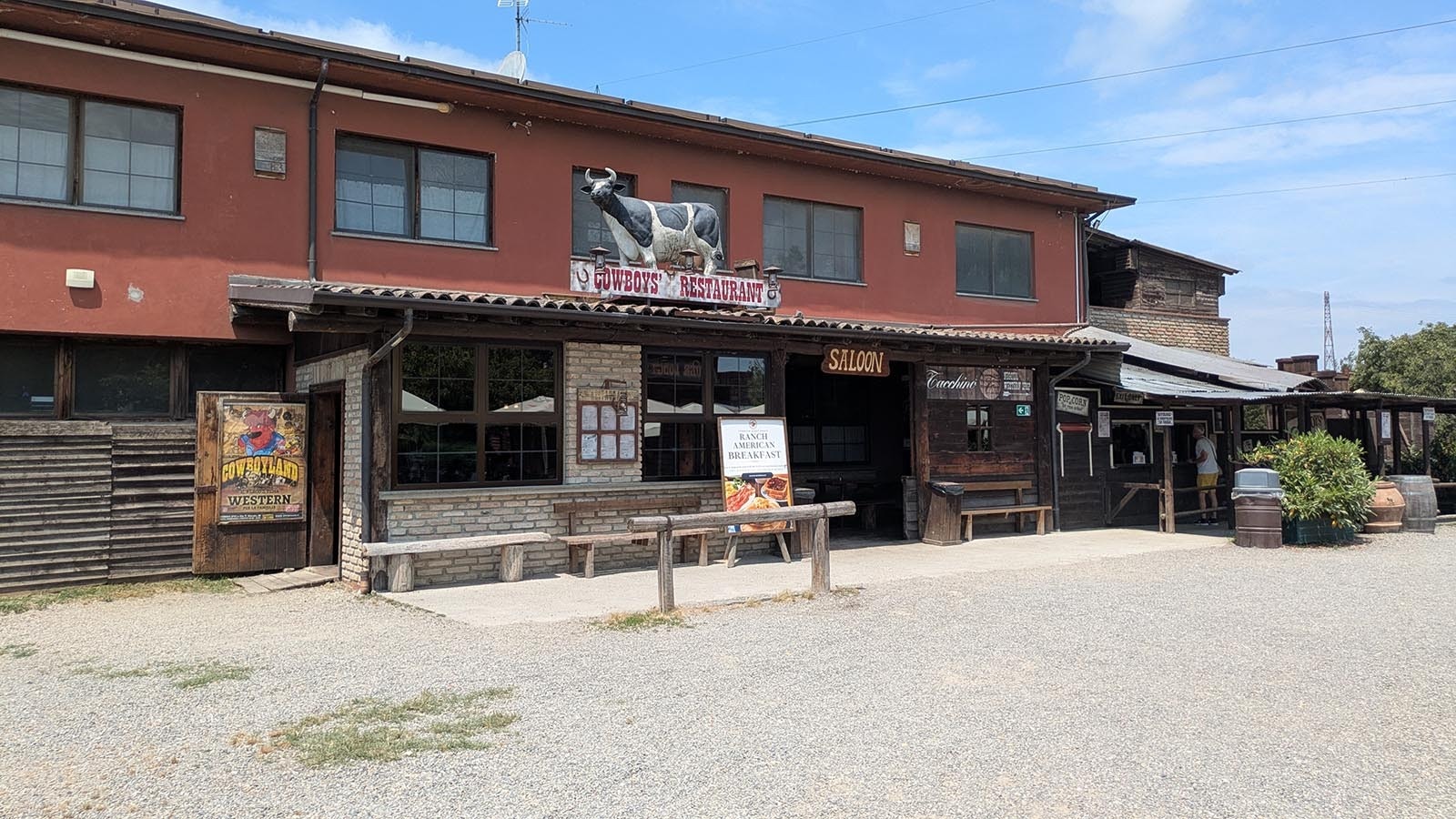If you pay extra to have a package delivered on a Monday and it doesn't arrive until Tuesday, that's not what most folks would call "on-time delivery."
And while customer tracking might show that it didn't arrive until Tuesday, UPS internal tracking might well show the delivery was made "on time."
That's the experience of John Ramer, director of Kindness Ranch outside Hartville, Wyoming. He paid extra to have a laptop computer delivered on a Monday in March because he was leaving on a trip to New York to rescue dozens of dogs from the West Bank.
Tuesday would be too late, and for Kindness Ranch, time is always of the essence. But the laptop arrived on Tuesday, and Ramer said the extra he paid for Monday delivery was not refunded.
UPS would not discuss those discrepancies directly with Cowboy State Daily, nor would the company answer questions about its policies for delivery to rural areas.
But Becca Hunnicutt, a UPS spokesperson, told Cowboy State Daily that the laptop Ramer had ordered overnight for guaranteed delivery Monday, March 11, experienced “No delay in Wy,” even though it was delivered on Tuesday.
Her tracking information showed the laptop leaving California the Friday before and being delivered Tuesday.
But Ramer’s tracking information said it left Commerce City, Colorado, on Friday before arriving in Cheyenne on Sunday, then sitting an entire day in the warehouse for “processing” before delivery Tuesday.
Hunnicutt offered no explanation for the discrepancy between the tracking information she sent to Cowboy State Daily and that provided to the customer.
There also was no explanation why if Tuesday delivery was considered “on time” Ramer was allowed to pay extra for delivery Monday.
But an updated policy at UPS called "Rural Deferred Delivery" may explain the problem.
Consolidating Deliveries
Hunicutt’s email explained that UPS has consolidated deliveries in certain ZIP codes to “help our drivers more efficiently serve our customers.”
“UPS shipments to these ZIP codes will spend an additional day in transit. Customers will still have certainty about the delivery date of packages and our delivery guarantees still apply,” according to the email.
The changes will affect fewer than 1% of deliveries each day, UPS said.
“The vast majority of our customers will not experience any difference in the service they receive,” the UPS statement continued. “Critical healthcare deliveries using UPS Premier will not be affected.”
UPS added it’s constantly evaluating and modifying its network,.
“We remain committed to providing our customers with the most reliable and efficient service wherever they live and work,” the statement concluded.

Food, Medications Sitting In Warehouses
The program, according to two UPS drivers Cowboy State Daily talked to, is called “Rural Deferred Delivery.”
“This is not an isolated thing,” former UPS driver Ed Emory told Cowboy State Daily. “It’s a nationwide program.”
Emory did seasonal deliveries for UPS for three years and said he’s still in contact with some of his former colleagues.
“You know, personally, I’ve had deliveries that I’ve had sitting over the weekend where the ice has melted and the food has gone bad,” he said. “That puts the onus back on the purveyor to absorb that cost to reship.”
It’s also an onus on customers to figure out that the food is no longer edible.
But it’s not just grocery items that are the problem, Emory added.
“There are people who are being really harmed by this because they’re not getting their medication on time,” he said. “Maybe they have to take a half dose instead of a full dose for a couple of days. Or, God forbid, something has to be refrigerated and it sits. These warehouses are not in place to have any refrigeration to put packages that need to be refrigerated over the weekend.”
Emory has talked with some of his former colleagues who he said also are frustrated by the program, because it sometimes has them driving right by locations that have packages sitting in a warehouse.
“Case in point,” Emory wrote on a Facebook post about the delayed Kindness Ranch package. “My neighbor’s ZIP code is different from mine. They get deliveries on the odd days I don’t. Ironically, the UPS truck has to drive right by my house to drop off a package for the ‘ZIP code of the day.’”
Drivers Could Be Best Advocates
The situation has left drivers to face the brunt of criticism on the front lines when overnight packages miss their guaranteed delivery date.
But Emory believes drivers could be customers’ best advocates for change.
“A ground swell of discontent can be heard by giving letters of hardship this program has created for you and your family to your regular driver,” he suggested in a Facebook post. “Ask your driver to bring your letter of complaint to their union, as the union can be your best advocate. The more letters the better.”
Emory said there is significant lag time between customer complaints and UPS partner companies figuring out that rural deferred delivery is not serving them well.
That has had some companies switching to different delivery partners — but it can take a long time for contracts to expire or renegotiations to occur.
“This is happening in every rural aspect of the country, whether you’re in New Mexico, North Carolina, Idaho or Wyoming,” Emory added. "It’s not just a southeastern Wyoming issue. It’s all over.”

Discrepancies With Internal Tracking
An Idaho-Wyoming area UPS driver told Cowboy State Daily that he has been noticing discrepancies between customer tracking and UPS internal tracking on his own routes.
The driver, who still works for the company, asked to remain anonymous because of the sensitive nature of what he’s seen happening behind the scenes.
The driver told Cowboy State Daily he has sometimes been successful in talking supervisors into letting him deliver packages of frozen meat or refrigerated medications on the wrong ZIP code day. But that relies on him being in the warehouse when those packages arrive so that he’s aware of them.
“When the delayed stuff first started up here, some of the customers were checking their packages and it showed that their packages were still in transit,” he told Cowboy State Daily. “And so, I got their tracking numbers, and I sent it in to my clerk and had them track it. Come to find out, the packages were still sitting there at the center, but UPS tracking showed that it was still in transit.”
The driver called the UPS ethics line to report that.
“I said, ‘Hey, you guys are falsifying delivery records. And so, the customers are having a hard time tracking these packages,’” he said.
After that, the driver noticed that packages instead were marked as “delayed" without explanation instead of “in transit.”
“So now it’s making it even harder for the customers to determine where the packages are,” he said. “To me, I feel this comes down to corporate greed. These rural areas depended on us to make timely deliveries and now we’re not.”
Renée Jean can be reached at renee@cowboystatedaily.com.





